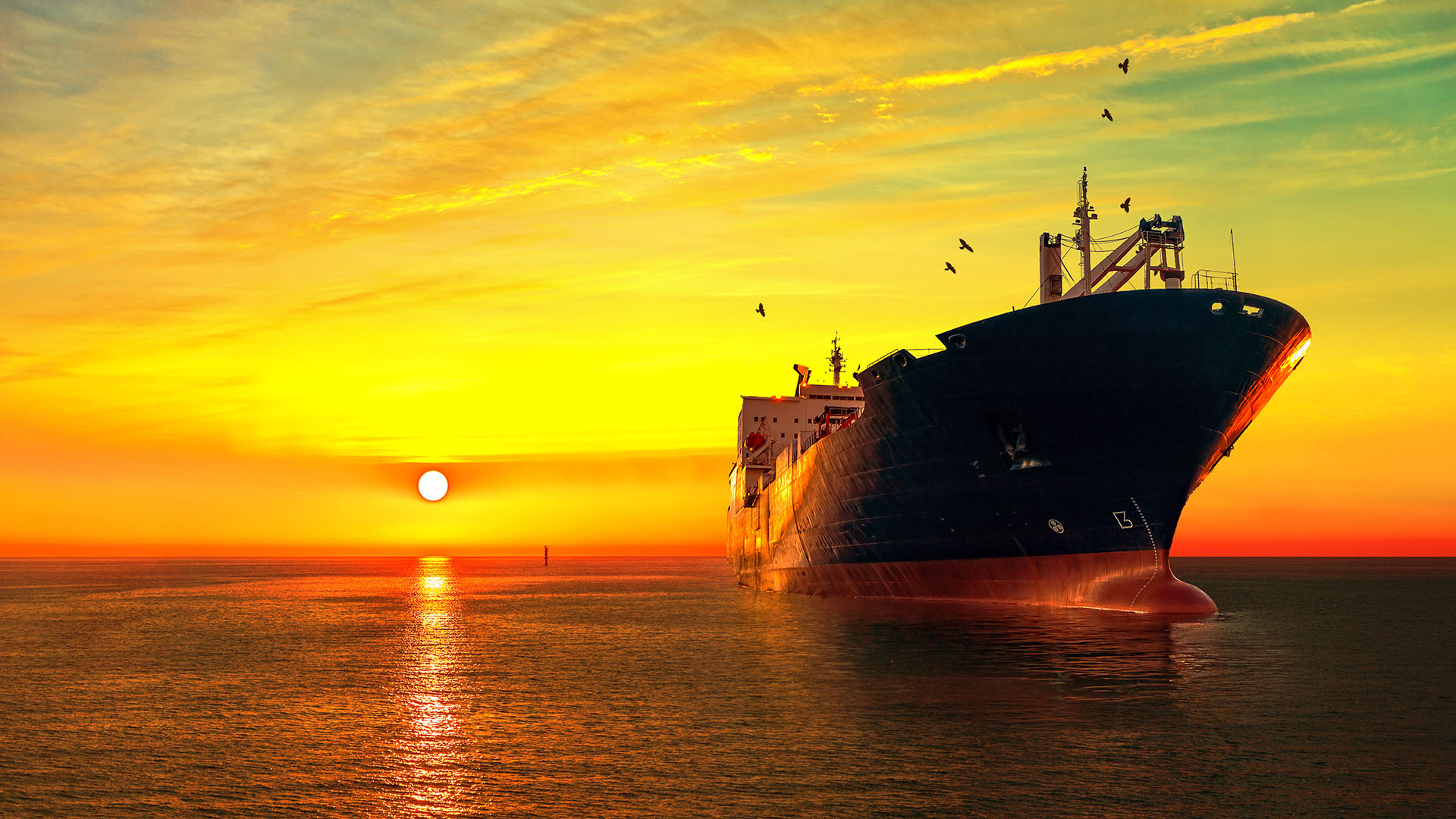The UK Government’s Department for Transport (the DfT) has published its Maritime Decarbonisation Strategy (the Strategy), setting out its plan for decarbonising maritime and new decarbonisation goals for the UK domestic maritime sector. This supports the DfT’s mission to reduce the lifecycle greenhouse gas (GHG) emissions used by UK domestic maritime to zero by 2050 and by at least 30% by 2030 and 80% by 2040 (relative to 2008), in line with the “highest level of international ambition” in the 2023 International Maritime Organization’s Greenhouse Gas Strategy.
As part of the Strategy, the DfT has developed five key policy measures:
- Regulating fuel use: a wholesale switch from conventional to alternative, cleaner fuels will be necessary to reduce GHG emissions. The DfT cited the importance of pushing for a global GHG intensity fuel standard via the IMO in 2025 as well as domestic regulation to set limits on the GHG emissions per unit of energy used. The DfT will formally consult on their approach from 2026.
- Placing a price on emissions: the DfT again plans to take a two-pronged approach by pushing for a global levy on GHG emissions at the IMO in 2025, and at the domestic level expanding the UK Emissions Trading Scheme to the maritime industry. The DfT has committed to understanding how these two pricing mechanisms interact in order to avoid double charging.
- Consideration of a requirement for zero or near-zero GHG emissions from vessels whilst at berth: recognising that almost half of the GHG emissions from UK domestic maritime (excluding inland waterways) derives from vessels at berth in UK ports, the DfT are keen to understand what new developments in technology will be required to reduce these, and what incentives will encourage their uptake. Proposed measures will formally be consulted on in 2026.
- Introduction of proportionate measures to support smaller vessels to decarbonise and accelerate uptake in targeted subsectors: recognising the additional barriers to change faced by small businesses, particularly within ambitious timelines, the DfT has launched an additional call for evidence from small businesses in the industry. This is detailed below.
- Increasing the energy efficiency of maritime operations: recognising the additional operational cost to businesses leveraging zero or near-zero GHG emission fuels, the DfT will continue to work with the IMO to consider how energy efficiency measures can be strengthened and consider whether domestic measures are necessary.
The DfT has launched a public consultation in parallel with the publication of the Strategy.
Consultation to inform policy on the decarbonisation of smaller vessels
The DfT has committed to introduce emission reduction measures for vessels below 400 gross tonnage. Their consultation is intended to gather further evidence to inform policy making, seeking views on topics including but not limited to: operational costs of zero, or near zero, emission vehicles; existing and required infrastructure and capabilities; access to finance for the purchase of zero, or near zero, emission vessels; data collection and any opportunities or barriers to this transition. Responses to this consultation are required to be submitted by 23:59 BST on 25 July 2025. The full consultation can be found on the DfT’s webpage here.





